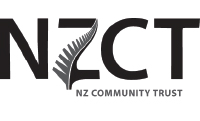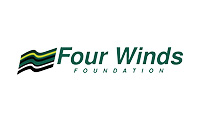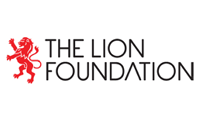Gibson Sheat - Sports Clubs: Your Health and Safety Obligations

The Health and Safety at Work Act 2015 (the Act) imposes legal obligations on everyone conducting business or undertakings to ensure a safe workplace. Sport or recreation organisations should be aware these obligations apply to you regardless of whether your activity is for profit and even if you are mostly volunteer. You should review your practices to ensure the health and safety of all people affected by your activities and minimise your liability.
The Act imposes legal obligations on those conducting “business or undertakings” (referred to as PCBUs) to ensure a safe workplace. Penalties up to $500,000 can be imposed on individuals or organisations for breaches.
You should be reviewing your practices to ensure the health and safety of all people affected by your activities and minimise your liability.
When does the Act apply to you?
“Volunteer associations” are excluded only if they are entirely voluntary. Any organisation that employs anyone to do any work (even if it only has one part-time employee) will be a PCBU and need to comply with the Act in the same way as any other New Zealand business.
“Workplace” means any place where the business or undertaking is customarily carried out. Such places could include the sports field, surrounding stands, club rooms and hired transportation.
If you are a PCBU, what are your obligations?
- You must ensure the health and safety of all your employees and voluntary workers (excluding casual volunteers), as far as is reasonably practicable. This includes providing and maintaining a safe environment, adequate training/supervision, and on-going monitoring. All “workers” are owed the same level of care, no matter if paid or voluntary). A casual volunteer who does not assist the club on an ongoing and regular basis is not a “worker” however.
- You must also take all reasonable steps to ensure the health and safety of others affected by your organisation’s activities (such as casual volunteers and bystanders). For example, a club-organised sporting tournament must not put at risk any of the volunteers, participants or spectators.
- You must notify a regulator (usually WorkSafe) if any person suffers a serious injury or illness in relation to your organisation. This includes serious illnesses, head injuries and lacerations. You also need to notify the regulator if a notifiable incident occurs that exposes a worker or other person to a serious health and safety risk.
Care is needed to ensure your activities comply fully with your legal obligations. Despite best intentions, it is probably possible to argue both ways following an injury or incident whether your organisation had taken all reasonably practicable care. A written record can be helpful to demonstrate identifying the risks from your activities, documenting procedures to address them, ensuring responsibilities are clear and recording ongoing monitoring.
If you need assistance to ensure best practice or have any questions regarding the Health and Safety at Work Act, please contact Gibson Sheat.









